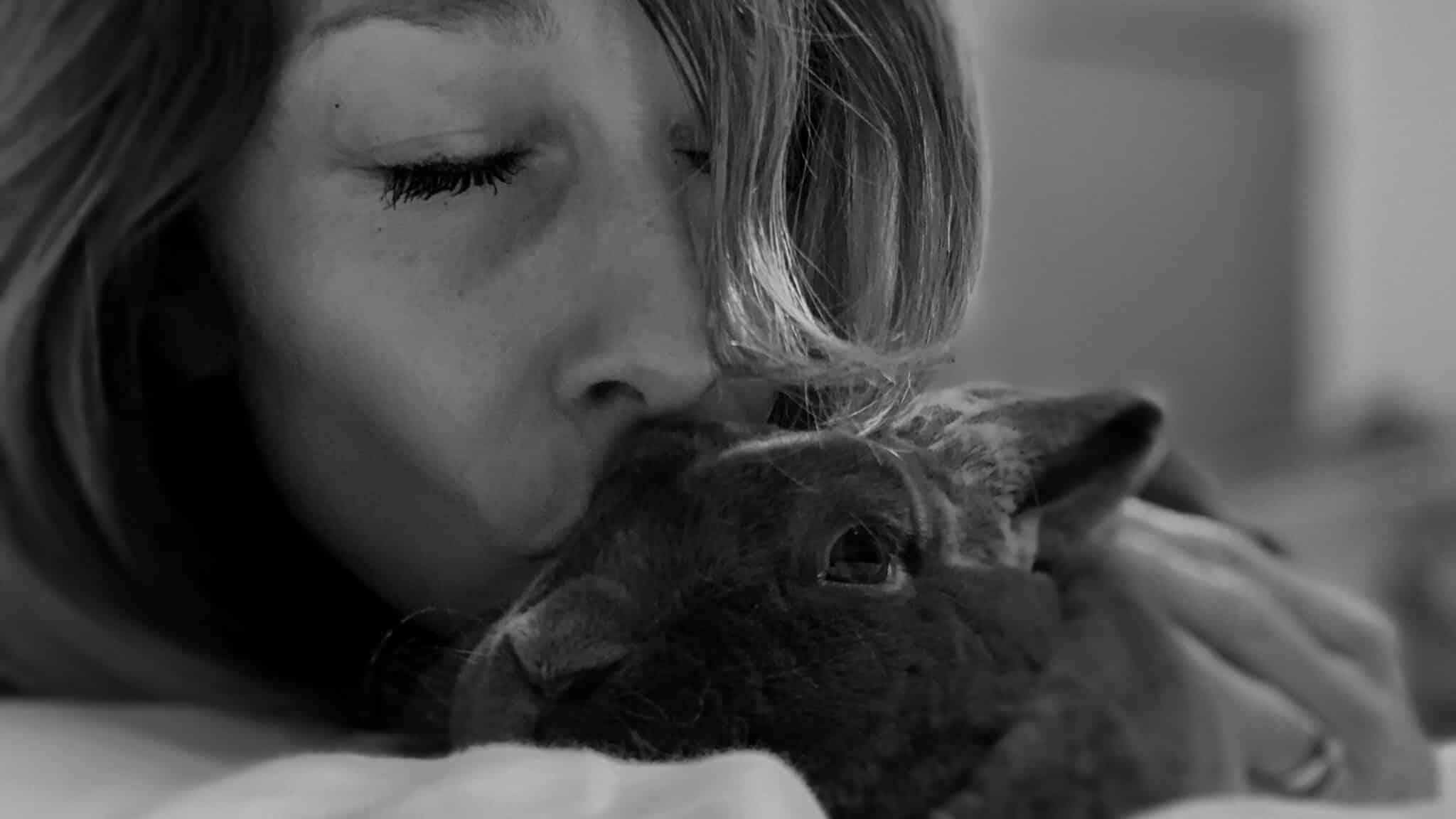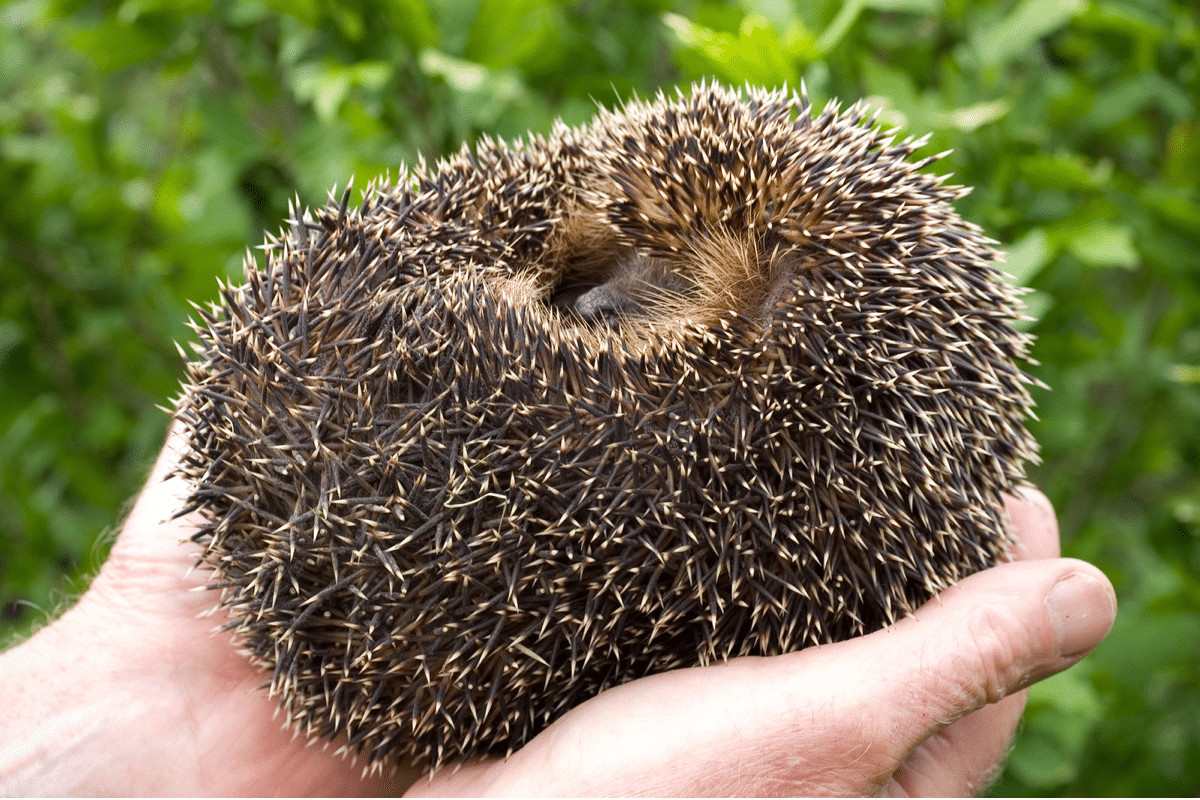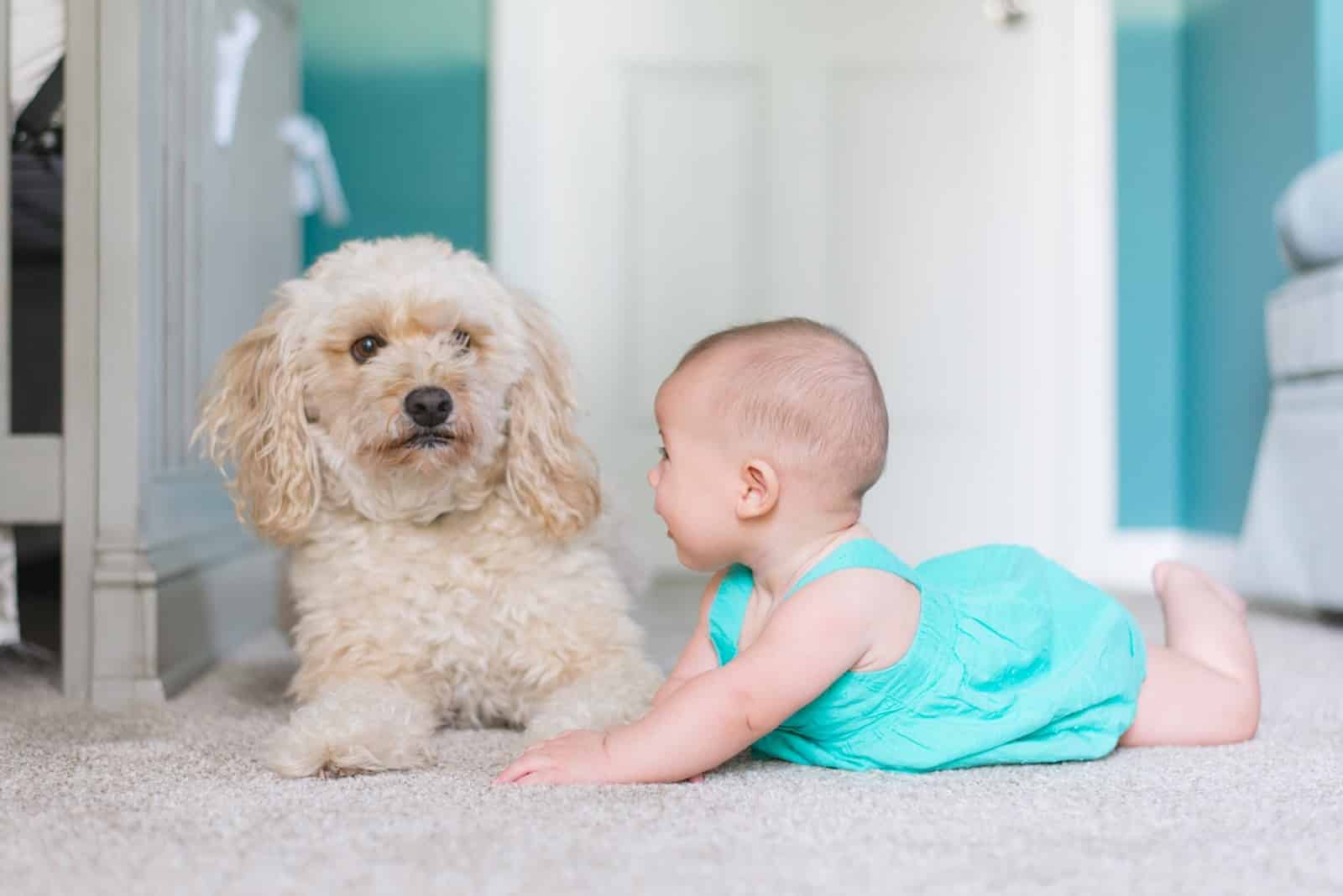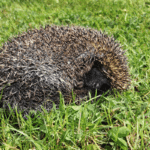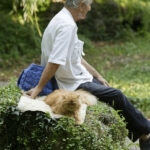If you’re feeling a chill in the air you can be sure that your pet dogs will be feeling it too. Even with healthy coats our four legged friends are sensitive to cold weather, especially short haired breeds and dogs that are getting on in years. As the weather begins to change we thought we’d share a few tips on how to keep your pet dogs happy and healthy.
- Gritted paths can cause irritation to dogs but they are often hard to avoid in the winter months. Take the time to clean and dry the paws after exposure. The grit may also cause serious health problems including dehydration and cause liver problems, so wash the paws to prevent your pooch from getting ill.
- If you notice your dog shivering take some action to help them to warm up. Give them some exercise, bring them inside the home or put them in suitable shelter with blankets or provide warmth with suitable clothing etc.
- Dog coats and dog jumpers can be beneficial for short haired dogs and elderly dogs. However, it it’s important to make sure your dogs don’t get too warm and these types of clothing are normally not needed in the home.
- Don’t leave the dog in the car in cold weather, it’s just as cruel as leaving them in the car during hot weather.
- Keep your dog on a lead when walking next to frozen ponds, lakes and rivers.
- Some dogs don’t like going out in wet or cold weather and that’s okay, but they do still need to be exercised. Spend time each day playing with your dog indoors, get them moving and keep them entertained by working their brain.
- Create a warm and cosy bed in the home that is positioned away from any draughts.
- Some dogs spend a lot of time outdoors, especially working dogs. These dogs should be provided with a dog kennel that is free from draughts, kept dry and filled with warm blankets and a comfortable bed inside the kennel. The bedding needs to be slightly raised off the floor to prevent it from getting wet and heating pads could be an ideal way of increasing the warmth. If you use a heat pad or a heater you must check that it is suitable to be used in a dog kennel.
- Some dogs benefit from having additional food, or reducing their food intake if they won’t be exercising as much. Speak to your vet to see what they suggest before you change the amount of feed you give.
- Persistent shivering could be an indicator of hypothermia, be cautious and visit a vet if you’re concerned.
Tag @HomeandRoost on Twitter if you have any additional advice to add.





